Music Education Helps Develop Originality
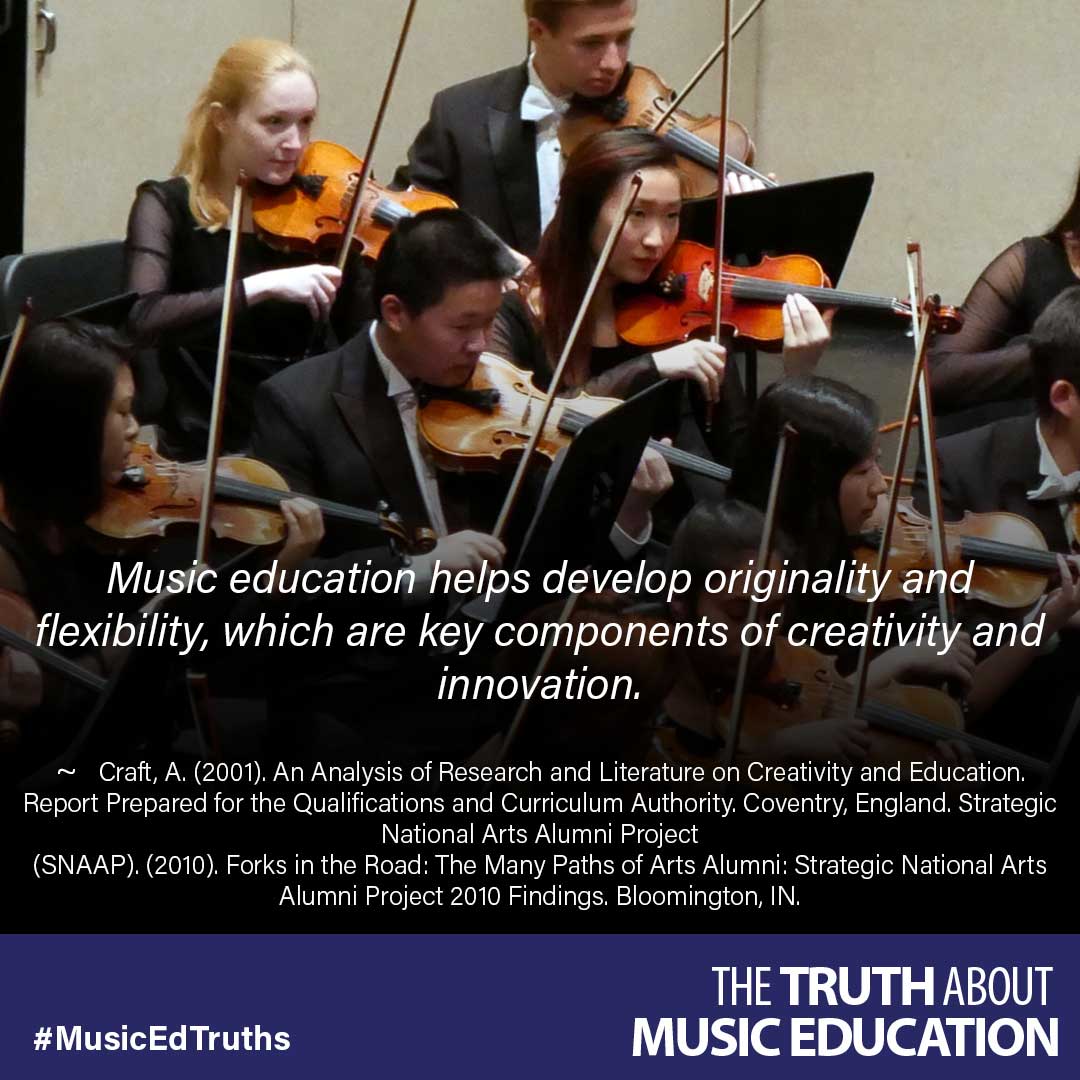
Music education helps develop originality and flexibility, which are key components of creativity and innovation.

Music education helps develop originality and flexibility, which are key components of creativity and innovation.
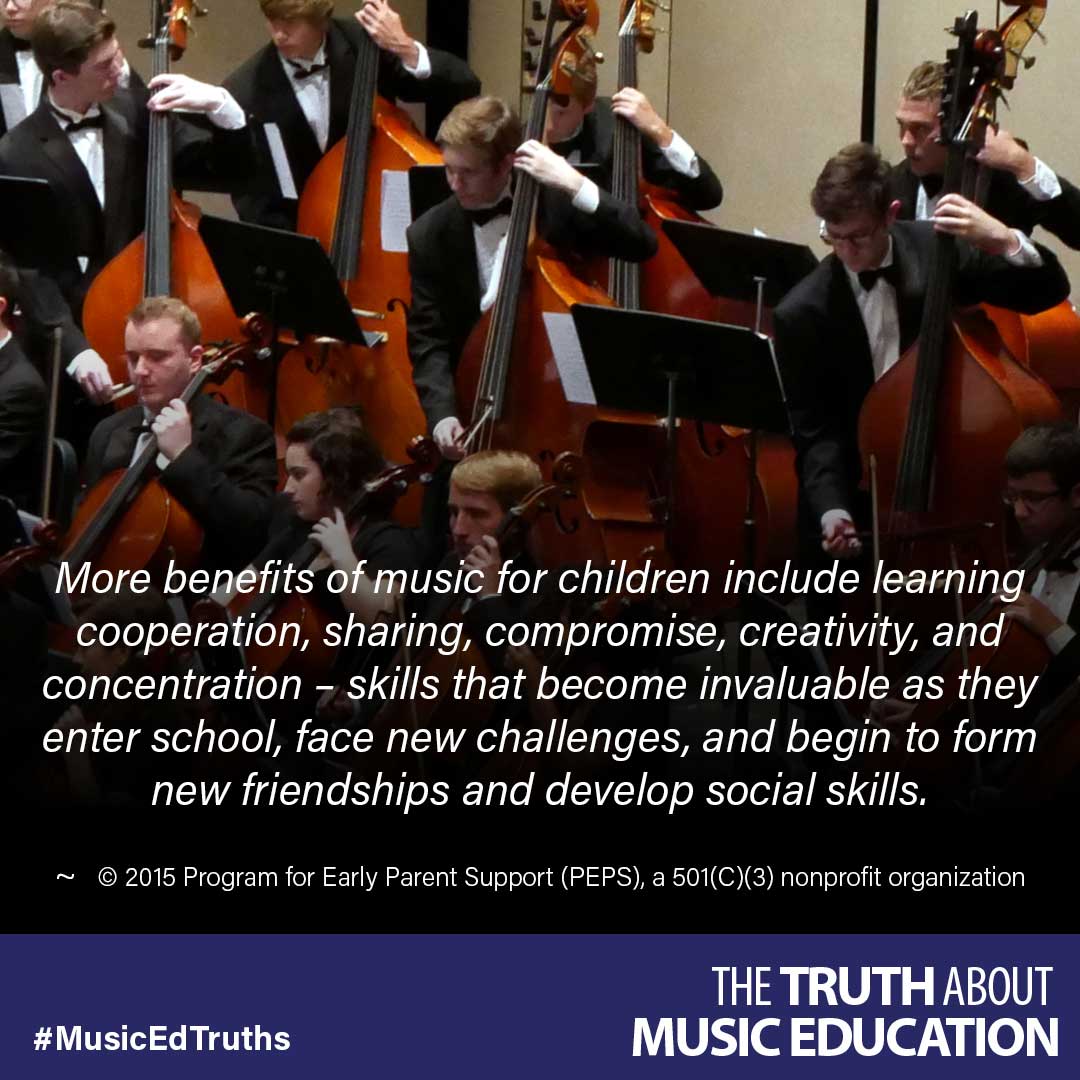
More benefits of music for children include learning cooperation, sharing, compromise, creativity, and concentration – skills that become invaluable as they enter school, face new challenges, and begin to form new friendships and develop social skills.
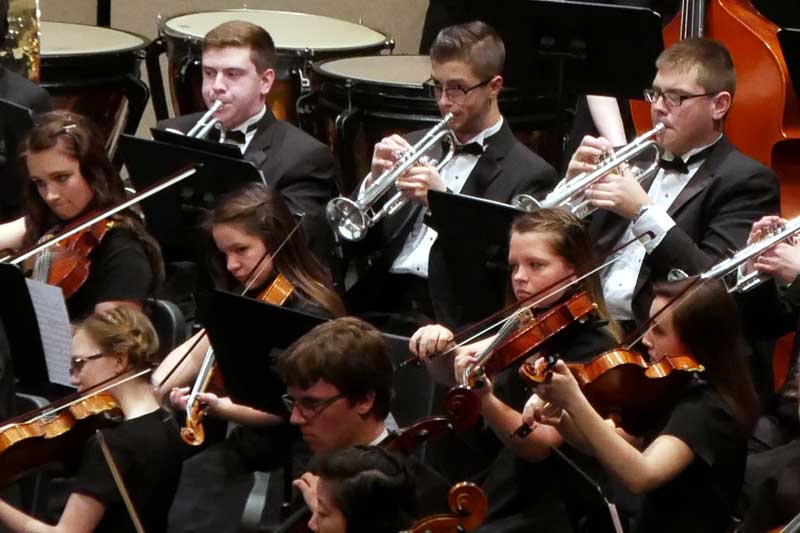
At Paige’s Music, we offer a wide variety of instruments that are substantial upgrades or step-ups to the standard student level instruments most musicians start with. How do you know you need a higher quality instrument? Here are a few questions to ask:
How is my instrument holding me back? For example, you are at a point where you have mastered the C major scale and can play it in consistent 16th notes at 120 beats per minute. Despite your great technique, no matter how much you clean and oil your valves, they just do not move as fast as you need them to move and it becomes very difficult to make each note speak clearly. When you come to this conclusion, it is time to try a more advanced trumpet with lighter, faster valves.
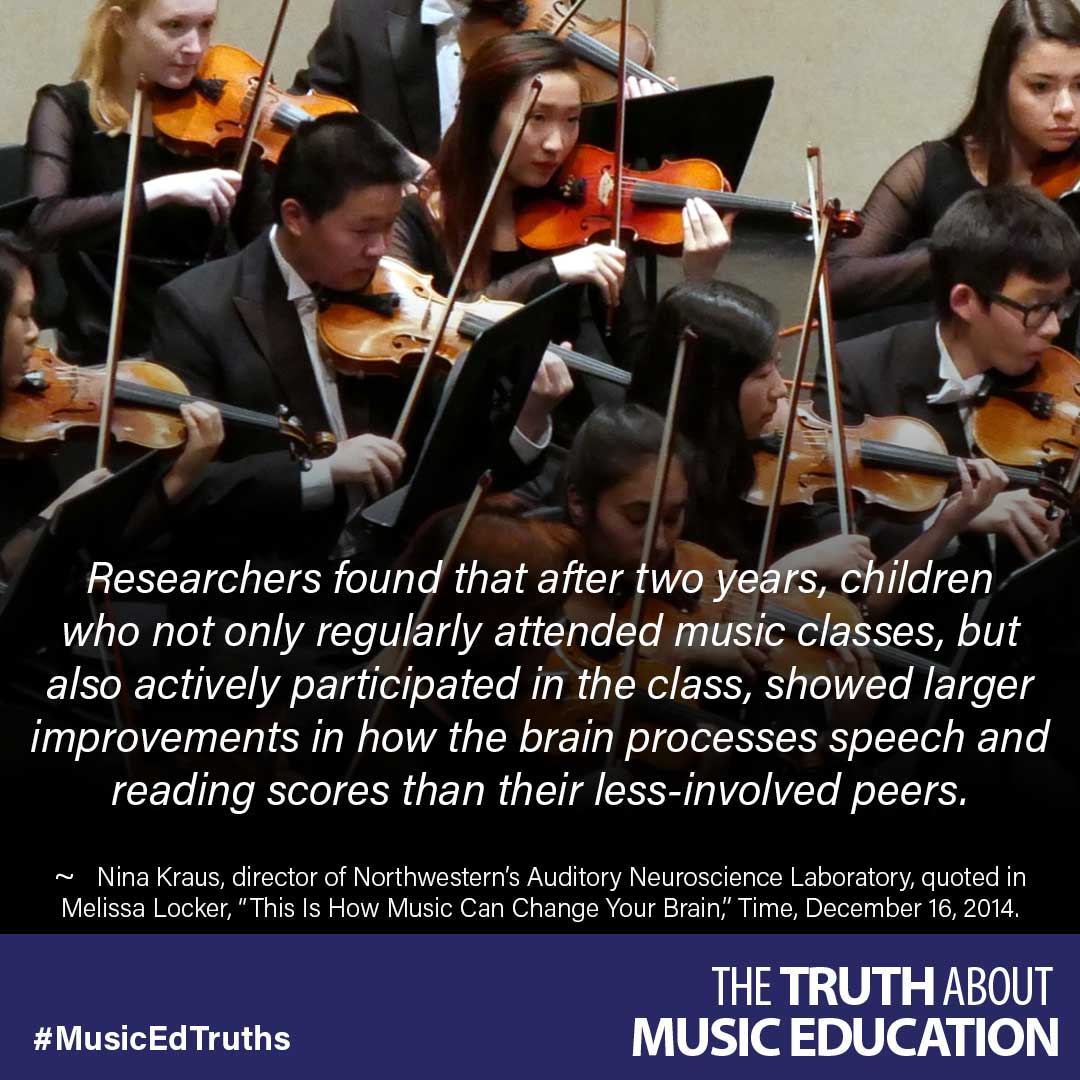
Researchers found that after two years, children who not only regularly attended music classes, but also actively participated in the class, showed larger improvements in how the brain processes speech and reading scores than their less-involved peers.
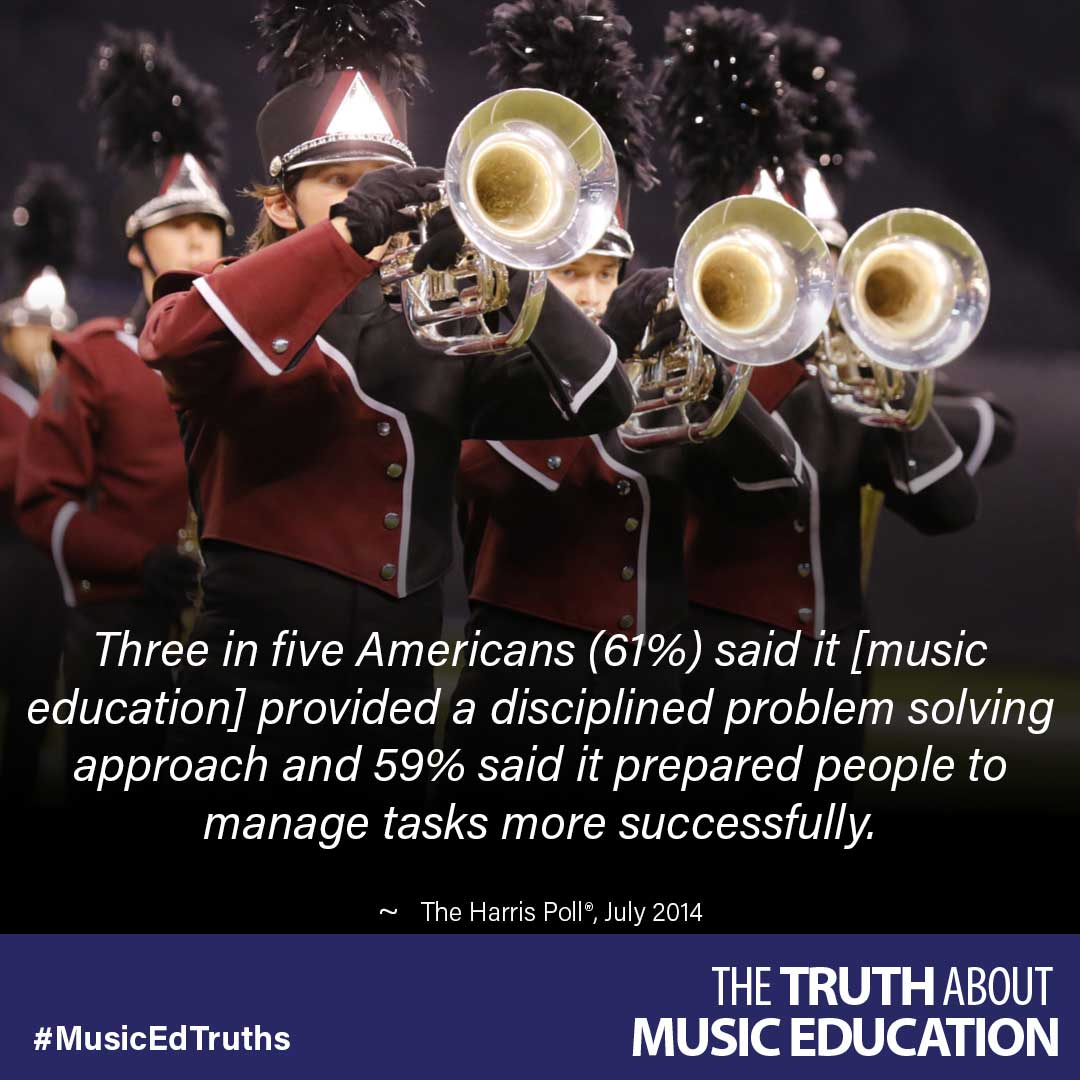
Three in five Americans (61%) said it [music education] provided a disciplined problem solving approach and 59% said it prepared people to manage tasks more successfully.
We can’t stress this topic enough. There are many problems with rotary valves. Maintaining them requires skills in tying knots, gentle tapping with special hammers, not to mention all those little screws and bumpers. Then after they are completely apart, they must be cleaned off all the dirt and debris on the valves and inside the casings. Lubricating and returning them to their proper casing and reassembling are the next hurdles.
This first picture here shows valves from an instrument that the valves were barely working on. You can see the oxidation and staining on the valves from lack of lubrication turning them almost black. Prolonged lack of lubrication along with dirt and debris caused this build up inside the casings and prevented the rotors from turning smoothly. Sometimes it is so bad we have to forcibly, but gently, drive the valves out of the casings. We then have to clean the valves and the body of the instrument in our ultrasonic cleaner to get them back to new condition.
In the second picture you can see the valves after they have been cleaned just before they are re-installed in the instrument. Proper lubrication will keep your valves looking this way and prevent sluggish action due to oxidation and build-up. Even when you instrument is not being used for prolonged times it is very important to keep lubrication on the valves, and slides, to keep them from freezing up.
In the Repair Shop we use Hetman’s Oils. They are a synthetic oil that lasts much longer and therefore does not need to be re-applied as often as petroleum based oils which dry out faster.
If you have any questions about our blogs or need more specific information please don’t hesitate to contact us here in the Repair Shop.
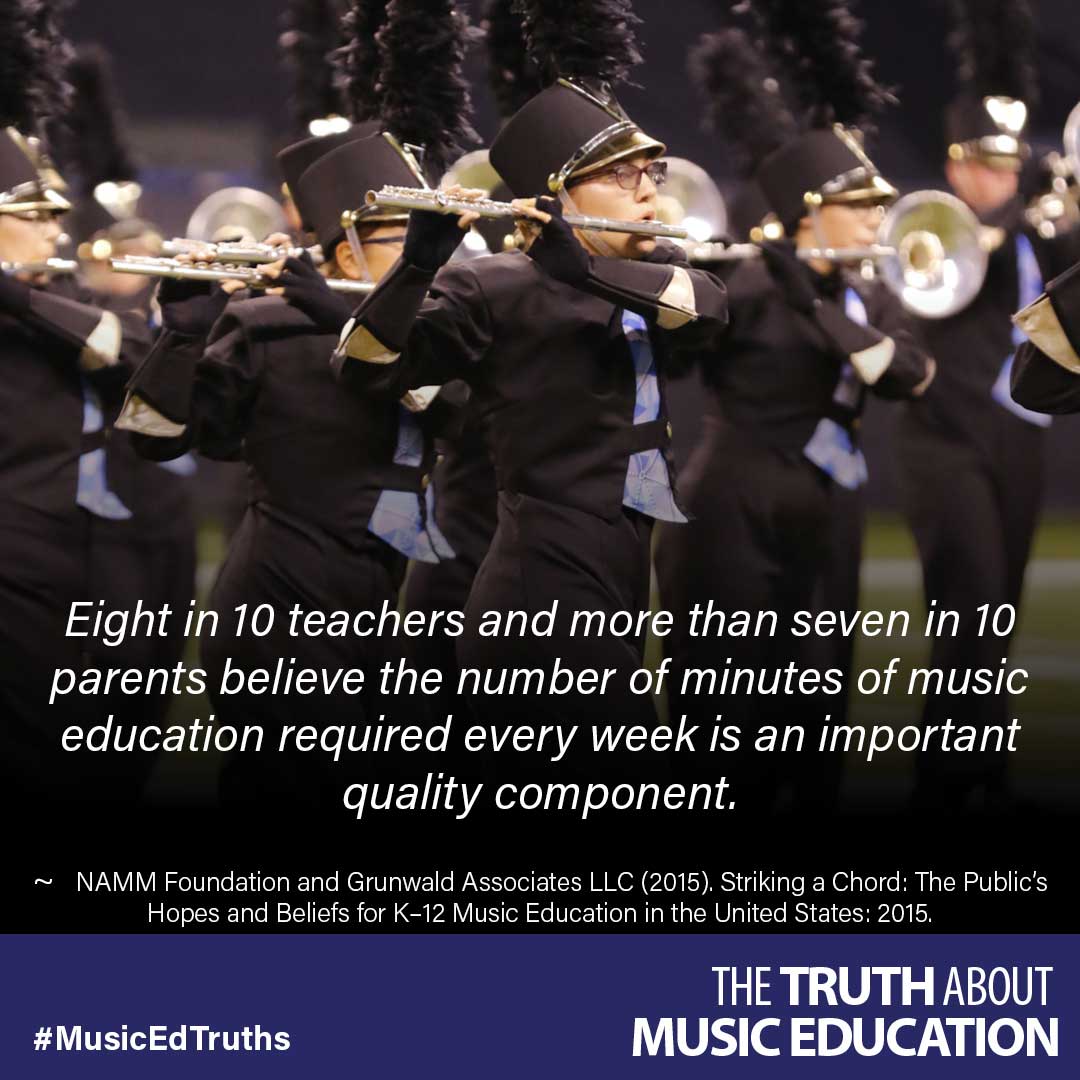
Eight in 10 teachers and more than seven in 10 parents believe the number of minutes of music education required every week is an important quality component.
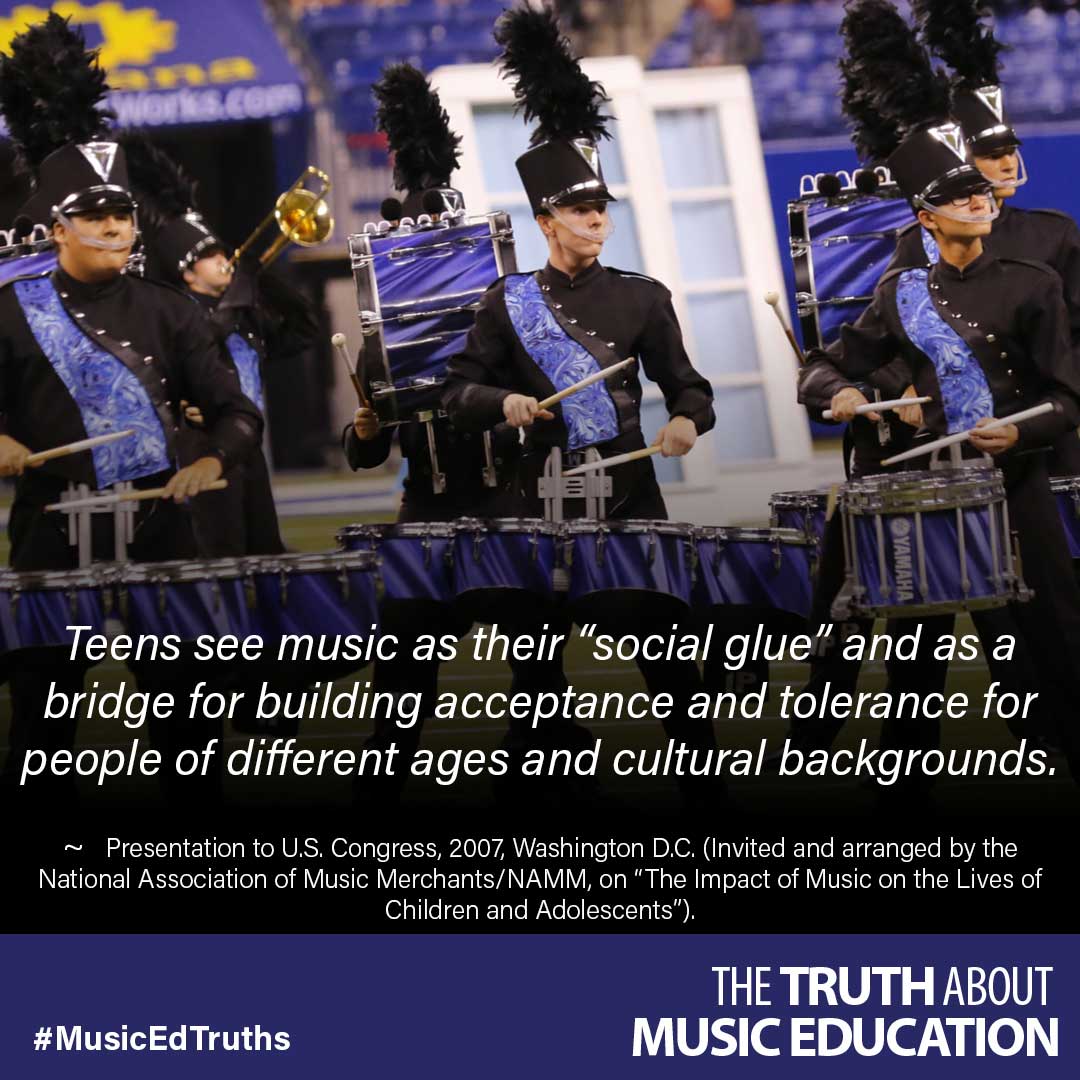
Teens see music as their “social glue” and as a bridge for building acceptance and tolerance for people of different ages and cultural backgrounds.